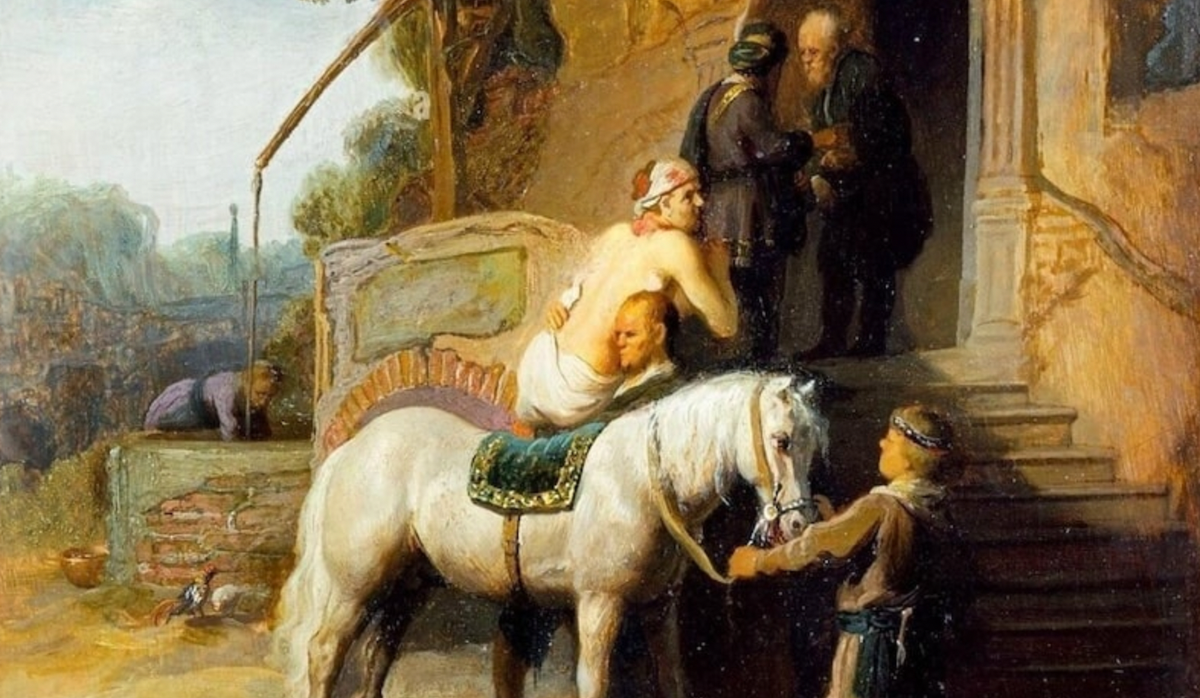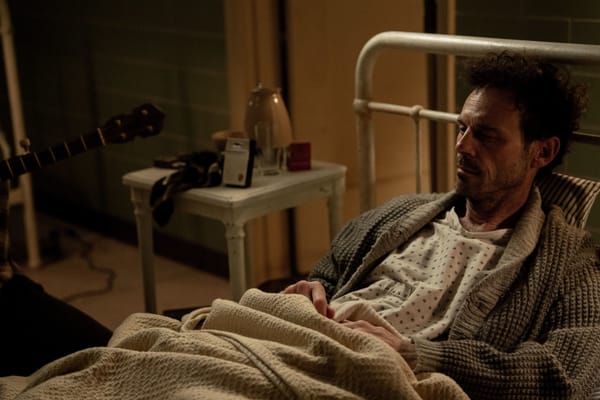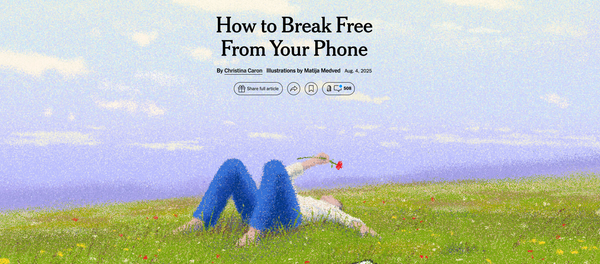Call for Stories: Moral Formation
I can't stop thinking about this Robert Putnam interview

A couple months ago I shared some listening notes on a fantastic interview Robert Putnam did with former NPR and current NYT reporter Lulu Garcia-Navarro.
I excerpted a couple very specific thoughts that sounded new to me, as someone who has read and listened to a lot of Putnam. He talked about how broad social trust starts with individuals actually being trustworthy, and how social cohesion starts most effectively with fun rather than duty. (The latter is necessary, he says, but comes as a result of being plugged into a community of people being joyful occupied in common cause.)
This week is a transition week for me, teaching-wise. My Adapting Christian Formation course goes on pause for Q2 of the academic year, so I'll continue basically blogging along with it when February rolls around. And starting in a week or two I plan to share some insights from my Digital Media Studies for Ministry course, which Princeton Seminary has invited me to teach again as an elective later this fall.
So that transition gives me some space to gesture broadly (in a newsletter-relevant way!) at the "closing arguments" phase of the election and return to this Putnam interview. I want to zoom out to the broader point he was making in this discussion of joy and trustworthiness. It's the thesis of his new book, of course. Here's the excerpt (boldface mine for skimming and emphasis):
That trend in political depolarization follows the same pattern exactly that the trends in social connectedness follow: low in the beginning of the 20th century, high in the ’60s and then plunging to where we are now. So now we have a very politically polarized country, just as we did 125 years ago. The next dimension is inequality. America was very unequal in what was called the Gilded Age, in the 1890s and 1900s, but then that turned around, and the level of equality in America went up until the middle ’60s. In the middle ’60s, America was more equal economically than socialist Sweden! And then beginning in 1965, that turns around and we plunge and now we’re back down to where we were. We’re in a second Gilded Age. And the third variable that we look at is harder to discuss and measure, but it’s sort of culture. To what extent do we think that we’re all in this together, or it’s every man for himself, or every man or woman? And that has exactly the same trend. What caused that? I am trying to get to the issues of causation because it turns out to be morality, according to my reading of this evidence. What stands upstream of all these other trends is morality, a sense that we’re all in this together and that we have obligations to other people. Now, suddenly, I’m no longer the social scientist, I’m a preacher. I’m trying to say, we’re not going to fix polarization, inequality, social isolation until, first of all, we start feeling we have an obligation to care for other people.
**
Now it just so happens that this morning's Daily Office gospel reading was The Good Samaritan, which I noticed Harris spoke about a bit the other day. (It's a clarifying thought experiment to ask the question of what a Trump sermon on this passage would be, and to realize it takes literally zero imagination to know the answer. "Only I can save you from thugs on the Jericho Road," etc.)
The Good Samaritan is a story with an irresistible gravitational pull. It's so simple in its actual message—looking after one another is literally an issue of life and death—and so simple in the many ways we can learn to live out that call.
But even more importantly, the story confronts us with endless permutations on the ways most of us fail to "go and do likewise" on an embarrassingly regular basis.
But here's the good news:
Character isn't about always being the Good Samaritan. Character is knowing we should strive to be.
Character is choosing to live in accountable community that challenges us to care about others more, and to help more often. (And, not incidentally, to be willing to joyfully receive help and care as well.)
Character is learning to accept ourselves as selfish human beings who are willing to ignore others' needs more often than not, and then trusting that this acceptance is the beginning of our moral development and not the end of it. Whatever serves as the wellspring of redemption in the landscape of our inner worlds, our job in character formation is to learn to return again and again and drink deeply from those waters. Forces larger than ourselves are calling us, and enabling us, to grow in our capacity for wisdom, compassion, and mutual care.
Here I was tempted to write something like "I still believe we live in a world where most people believe that character counts." I think Putnam would suggest an alternative formulation:
I'm increasingly convinced that Putnam is right about all this. And I'm juuuust self-aware enough to know where some of my personal traps are in wanting to do my part to support a character formation sea change.
**
So I'd like to ask y'all about the stories and relationships and communities and practices in your lives where your character has been formed, where your capacity for embracing and acting on a sense of obligation to care for and receive care from other people has been expanded.
I'll start:
When I was in late middle school or early high school, at least one of my parents returned to church on Christmas morning, and then came home with a fellow parishioner named Jan.
Most good churches have a Jan, or better yet many Jans. Jan was hard to love. She seemed oblivious to even the most obvious social norms. She wasn't great at two-sided conversation. She needed a lot of help from the church, some of it help that she wasn't going to get literally anywhere else.
For a time, our congregation was Jan's family in all the ways that mattered. It was no shock that she'd also returned to church for a sparsely attended Christmas morning service.
Without prepping us for it, and presumably without particularly enjoying it, one or both of my parents noticed that Jan needed more from her family on this particular Christmas morning, and they decided to do what they could.
They brought Jan to our house. We shared drinks and snacks. My sister and I probably showed off some of our Christmas morning haul. I remember it being awkward. It wasn't well aligned with any of our dearest hopes for how to spend a cozy Christmas morning.
But I never forgot it. And I've thought about that morning through many a conversation with the Jans in my life ever since.
I've seldom, but perhaps occasionally, risen to important occasions in those relationships in the small but powerful way that my parents did that December 25 in Wauwatosa, WI. But/and ... I'm still trying. I think I can say that faithfully.
I hope that come January, we will have a president with the moral capacity to admire the witness of the millions of little caring acts that are still forming the character of Americans today.
But either way, I'd like to periodically use this space to share stories and practices for forming not just faith, but character. Please don't be shy about sharing your ideas, curricula, and more.



